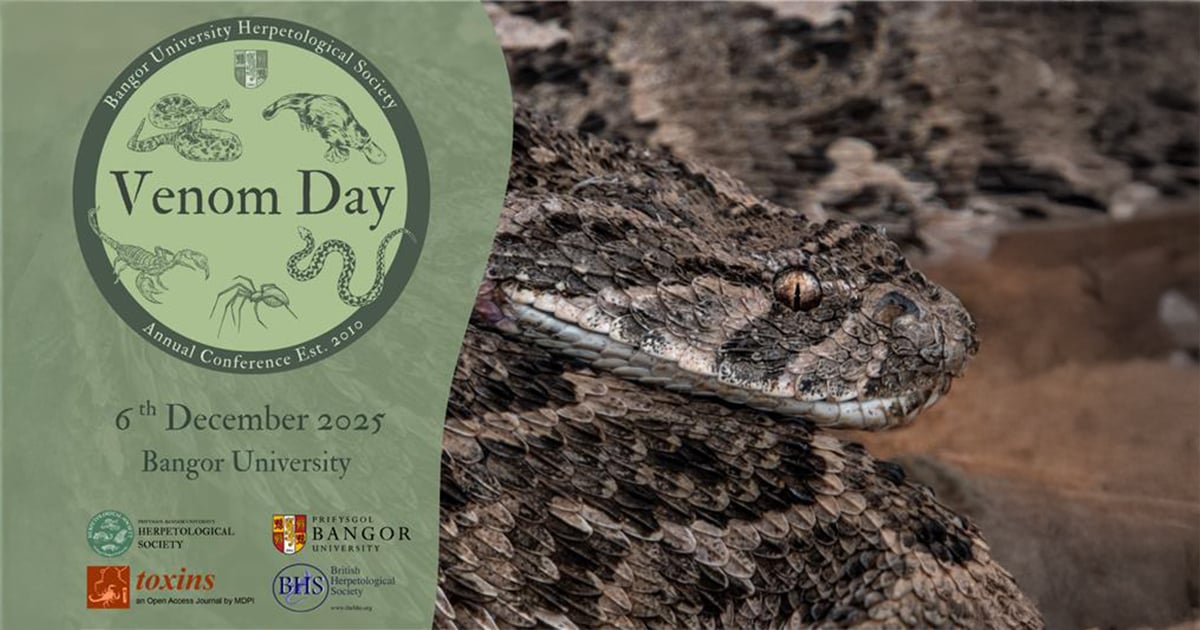- 4.0Impact Factor
- 8.2CiteScore
- 20 daysTime to First Decision
News & Conferences
Latest News & Announcements
Latest Conferences
Propose a Conference Collaboration
Promote and publicise your upcoming conference with MDPI.
All News & Conferences
News & Announcements
MDPI’s Newly Launched Journals in December 2025
9 January 2026
News & Announcements
Meet Us at The World Congress of Nephrology 2026, 28–31 March 2026, Yokohama, Japan
18 December 2025
News & Announcements
Article Layout and Template Revised for Future Volumes
11 December 2025
Partner Conference
Venom Day 2025
6 - 6 December 2025
News & Announcements
MDPI Launches the Michele Parrinello Award for Pioneering Contributions in Computational Physical Science
6 November 2025
News & Announcements
MDPI INSIGHTS: The CEO's Letter #28 - WSF11, Nobel Laureates, Proofig AI, Romania Summit, STM and FBF
4 November 2025
News & Announcements
MDPI’s Newly Launched Journals in September 2025
15 October 2025
News & Announcements
MDPI INSIGHTS: The CEO's Letter #27 - OASPA 2025, COUNTER 5.1, UK Summit in London, MDPI at the Italian Senate
2 October 2025
News & Announcements
2024 MDPI Top 1000 Reviewers
1 October 2025
News & Announcements
Nobel Prize — The Science Behind the Prize
30 September 2025
News & Announcements
Meet Us at the 7th International Conference of Mycotoxicology and Food Security (ICM, 2025), 17–20 November 2025, Hangzhou, China
25 September 2025
of 18











